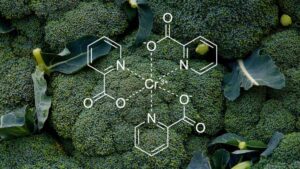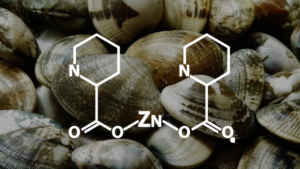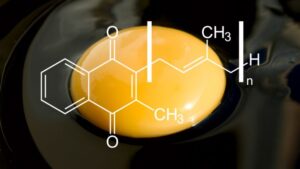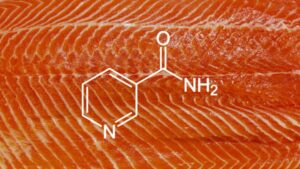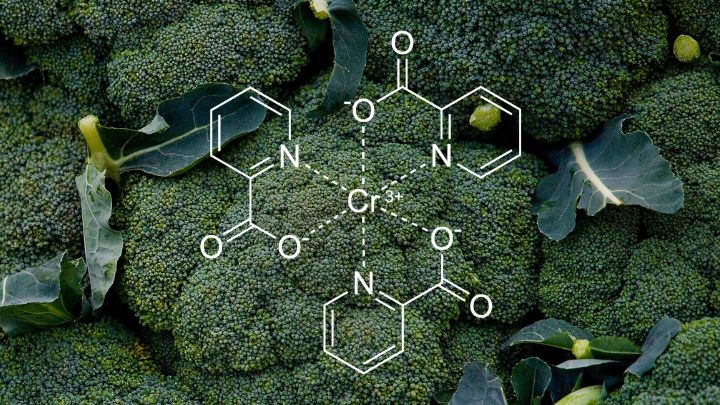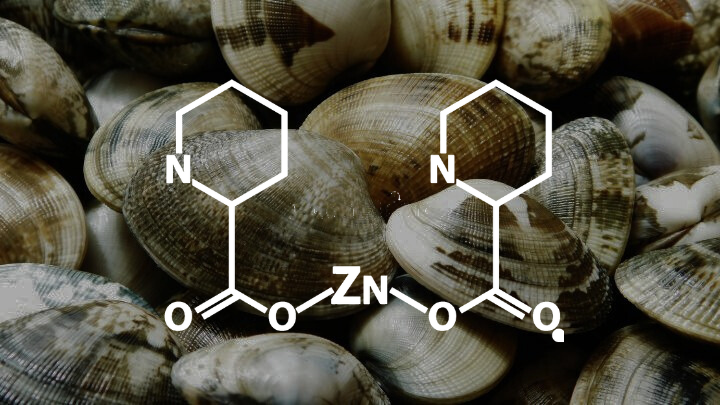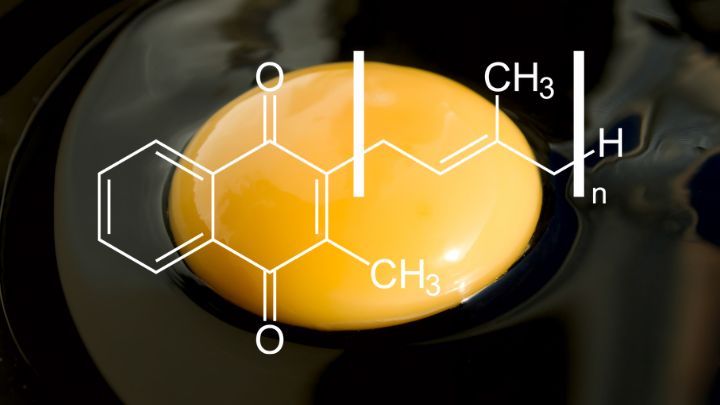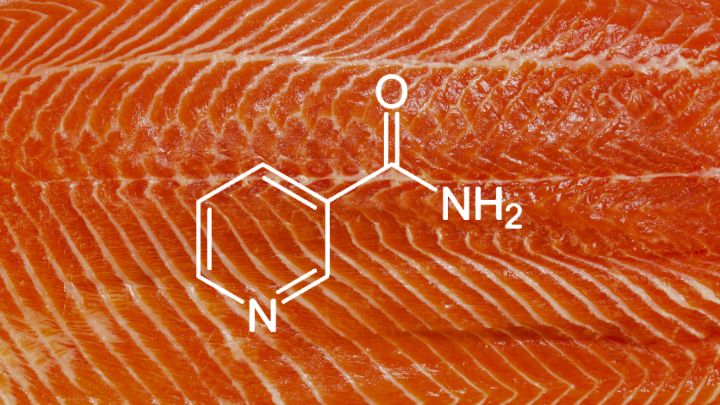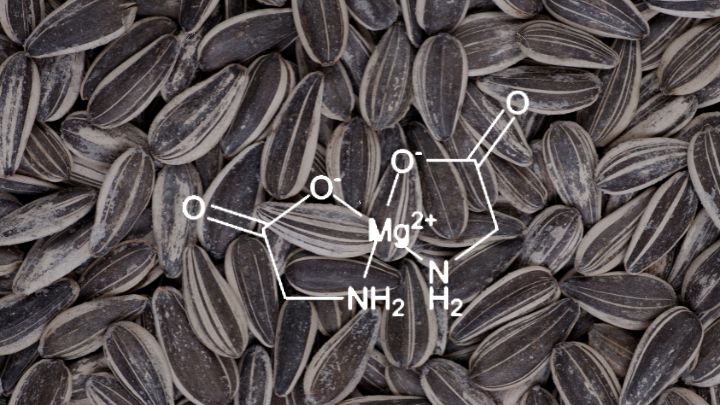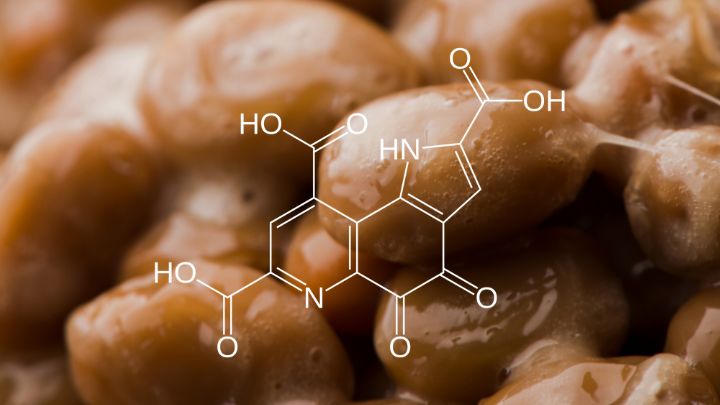Did you know that some of the world’s healthiest individuals might owe a part of their longevity to a trace mineral found in their diet?
This element is Selenium, a nutrient less celebrated than vitamins, but which is equally vital. Selenium plays a crucial role in different cellular functions, required for optimal health.
Are you as intrigued as scientists and health enthusiasts alike? In this article, we’ll uncover how this underappreciated mineral could be instrumental in unlocking the secrets to longevity.
Dive into Selenium benefits and more.
In this article
Free guide to reverse your biological age

- Master the science of rejuvenation.
- Apply proven tips to turn back the clock.
- Transform your health with top longevity specialists.
What is Selenium?
Selenium is an essential trace mineral that is required in only small amounts by your body. Yet, it plays a crucial role in maintaining overall health and well-being [1].
While often underappreciated compared to more well-known nutrients such as vitamins or fats, Selenium is also a vital component used in various biological processes.
Its discovery as the 21st naturally occurring amino acid has expanded our understanding of the genetic code, potentially promoting better health and preventing diseases.
Where is Selenium found?
Selenium is naturally present in the soil, leading to its inclusion in a wide array of foods. It’s notably abundant in Brazil nuts, but also found in seafood, meats, grains, and to a lesser extent in vegetables and dairy products.

The European Food Safety Authority (EFSA) has approved several health claims for Selenium, stating that it contributes to
- the normal function of the immune system.
- the protection of cells from oxidative stress.
- the maintenance of normal hair and nails.
- normal thyroid function.
- normal spermatogenesis.
What does Selenium actually do?
1. Selenium for antioxidant defence
Selenium is a key player in our body’s antioxidant system.
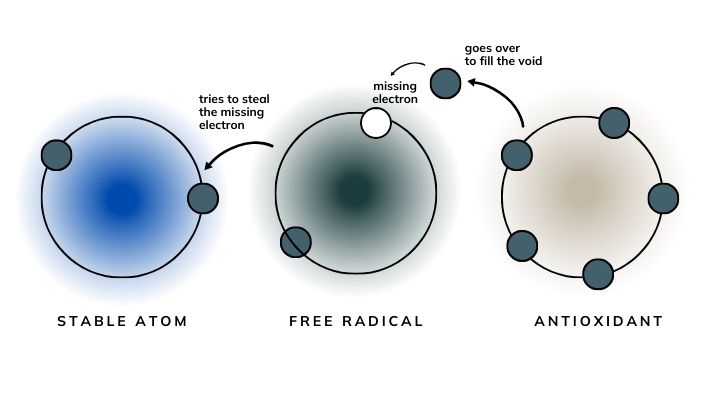
Your body is continually exposed to free radicals. These are unstable molecules that can damage cells and contribute to ageing and diseases.
Selenium forms an essential part of the body’s defence against these harmful molecules [2].
It is involved in enzymes that neutralise free radicals, similar to how certain plants or microorganisms detoxify and protect their environment from external stressors.
Learn more about antioxidants here.
2. Selenium, thyroid and immune health
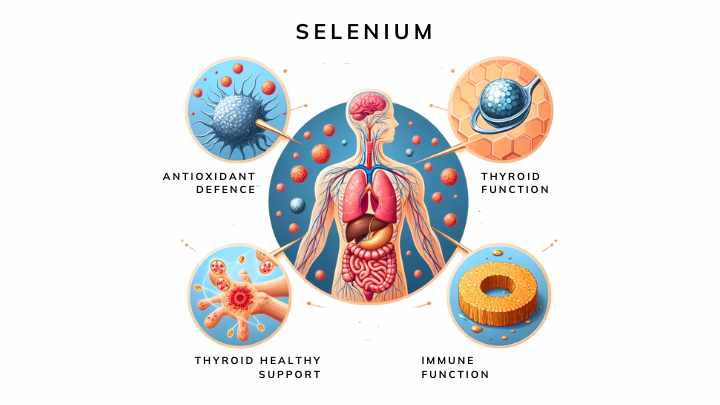
Selenium plays a vital role in thyroid health, primarily through its involvement in the conversion of thyroid hormones.
It ensures the right balance and availability of thyroid hormones, directly impacting various metabolic activities, including energy production and the metabolism of fats, proteins, and carbohydrates.
Selenium is also integral to the overall health of the thyroid gland itself. The thyroid contains a high concentration of Selenium, indicative of its importance in the gland’s functioning.
It aids in protecting the thyroid from oxidative damage, a significant consideration given that the gland naturally produces hydrogen peroxide during hormone synthesis [3].
This protective role is not limited to the thyroid; it also supports broader immune health by defending against oxidative stress, a common pathway in immune dysfunction and various diseases.
3. Selenium’s role in heart health and longevity:
Selenium’s role in heart health is particularly important due to its abilities to reduce inflammation and combat oxidative stress, both of which are significant contributors to heart disease.
Its antioxidant properties have been shown to prevent oxidative damage, thereby protecting heart’s cells and the vascular system [4].
Basically, Selenium can help protect your heart and blood vessels from the kind of cellular damage that can lead to atherosclerosis, a condition characterised by the build-up of plaque in the arteries, which is a leading cause of heart attacks and strokes [5].
Its anti-inflammatory effects contribute further to its heart-protective qualities. Chronic inflammation, one of the hallmarks of ageing, is known to play a key role in the development of cardiovascular diseases.
Read more on the 12 hallmarks of ageing.
Low status of Selenium in humans has been linked to increased risk of other diseases, including cancer.

Here are 10 lesser-known facts about Selenium:
- Ancient discovery: Selenium was discovered in 1817 by Swedish chemist Jöns Jacob Berzelius, who initially believed it was tellurium.
- Named after the moon: The name ‘Selenium’ is derived from ‘Selene’, the Greek goddess of the moon, due to its similarity to tellurium, named after the Earth.
- Rare in nature: Selenium is a relatively rare element in the Earth’s crust, ranking approximately 69th in abundance among the elements.
- Colour-changing properties: Selenium exhibits photoconductivity, meaning its electrical conductivity increases when exposed to light. This property is used in photocells and solar cells.
- Allotropic forms: Selenium exists in several allotropic forms, including red, black, gray, and metallic forms, each with unique properties.
- Vital for mental health: Some studies suggest that low selenium levels are linked to mood disorders and depression.
- Environmental indicator: Selenium concentrations in soil and water can serve as indicators of environmental pollution and the health of ecosystems.
- Use in glassmaking: Selenium is used in glassmaking to decolorize glass and to counteract the green tint caused by iron impurities.
- Role in cancer prevention: Research has indicated that selenium might play a role in protecting against certain cancers, though the evidence is still not definitive.
- Selenium in electronics: Before the advent of silicon-based technology, selenium was widely used in electronic components like rectifiers.
Selenium in everyday life
To ensure a balanced Selenium intake, it’s important to have a varied diet that includes several of the sources.
1. Not everyone will get the same
Selenium content in plant-based foods can vary greatly depending on where they are grown. For seafood and meat, the Selenium content can depend on the diet of the animals or the Selenium levels in the water.
2. Navigating dietary constraints
Another aspect to consider is dietary preferences and restrictions. Those on plant-based diets might need to be more mindful of their Selenium sources, as meat and seafood are significant contributors.
3. Nut allergies
If you are allergic to nuts, particularly to Brazil nuts, you would need to consider alternative sources.
For those concerned about their Selenium levels, or living in areas with low-Selenium soil, supplements can be an option.
The role of Selenium supplements
Selenium supplements serve as a vital addition to our diet, particularly when natural dietary sources fall short.
Avea’s Cell Primer exemplifies this by offering a comprehensive blend that includes Selenium, aimed at supporting various aspects of cellular and long-term health.

Key ingredients of Cell Primer:
- Spermidine
- Fisetin
- Quercetin
- PQQ
- Ergothioneine
- Selenium
Benefits of the Cell Primer:
- Combats oxidative stress at the cellular level.
- Promotes autophagy for continual cellular renewal.
- Aids in clearing senescent, or ageing, cells.
- Supports potential improvements in brain health and cognition.
- Consists of a scientifically backed blend for longevity, developed with longevity experts.
The Cell Primer, by bringing together these ingredients, provides an all-encompassing approach to cellular health, with Selenium playing a critical role.
It’s designed for those seeking a holistic strategy to enhance well-being and longevity. As always, consultation with a healthcare provider is recommended to ensure the supplement aligns with individual health needs.
The Cell Primer stands as a testament to the effective integration of Selenium supplements into a health-focused lifestyle.
Selenium deficiency
Selenium deficiency, though rare, can have significant health consequences. It can lead to Keshan disease, a type of heart disorder once prevalent in selenium-poor regions of China, and is linked to Kashin-Beck disease, an osteoarthritic condition found in low-Selenium areas.
Its deficiency might also exacerbate iodine deficiency, potentially increasing the risk of cretinism in infants. It is also associated with male infertility. These conditions highlight the broader implications of Selenium in health, emphasising the importance of consuming adequate levels of this essential trace mineral.
References
